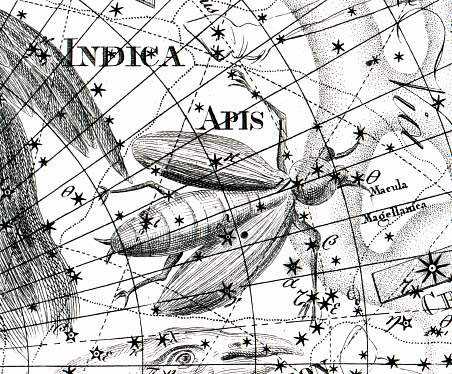Excluding students taking Latin for their exams or reading Classics at University, Virgil's contemporary readers are most likely to be few and far between. However, the poet's works have all the necessary qualities to attract modern readers in search of a poetic parenthesis in our often too brutal, fast-paced world. His Georgics in particular, are a beautiful praise to nature, where Virgil poeticises advice on the art of agriculture and looking after the earth. His meaningful verse offers both spirit and soul real escapism from the turbulent nature of day-to-day life. But if the Georgics ("Georgica" means culture of the earth in Latin) have made their way into the Maison's news feed, it is not only because of their beauty and the serenity they arise, but also because the heroine of Book IV is none other than the house's traditional emblem: the bee. In this book, the last in the poem, Virgil lauds the queen of the insects and its hive, explains how to look after swarms and tells us the story of Aristaeus, son of Apollo, associated with agriculture and also a beekeeper. A captivating and easy-to-read chapter, where the landscapes, plants and flowers depicted sweetly scent the reading. Virgil's writing is a real poetic sensory experience, a vivifying breath of fresh air. The Georgics are available in the Folio collection.
